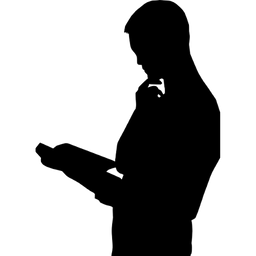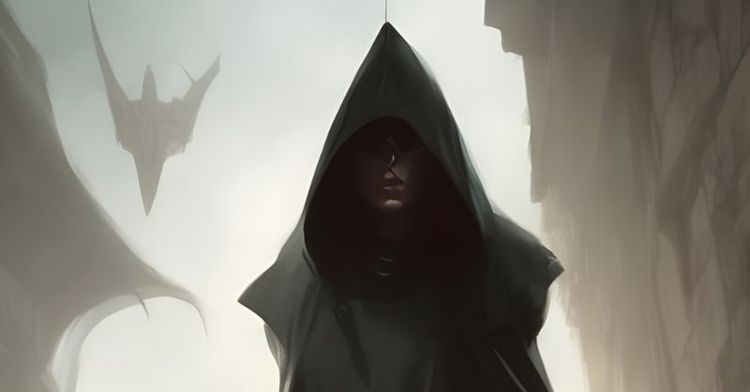How to Become a Fantasy Writer: Worldbuilding - Military

The military is one of the most important aspects of a fantasy world. It can define your economy, power structure and society relations. A well-defined military can also add depth to your characters and story as it gives them purpose in life as well as motivation for their actions.
In this article we will explore the different ways a military can be used in your worldbuilding process to create an engaging and realistic setting for your characters to inhabit.
The Military
The military is an integral part of most fantasy worlds. They are used to keep the peace and enforce law, they fight wars and protect their people from harm.
The first thing you need to decide is:
What role does your military play?
Is it used primarily as peacekeepers or do they have another purpose? Perhaps they exist solely for protection of land or even royalty.
Once you have decided on this, think about what kind of training would be required for each type of soldier (or officer).
For example: if there's going to be a lot of hand-to-hand combat then perhaps some form of martial arts training could be beneficial; whereas if there needs only be minimal contact between opposing forces then maybe firearms would suffice instead?
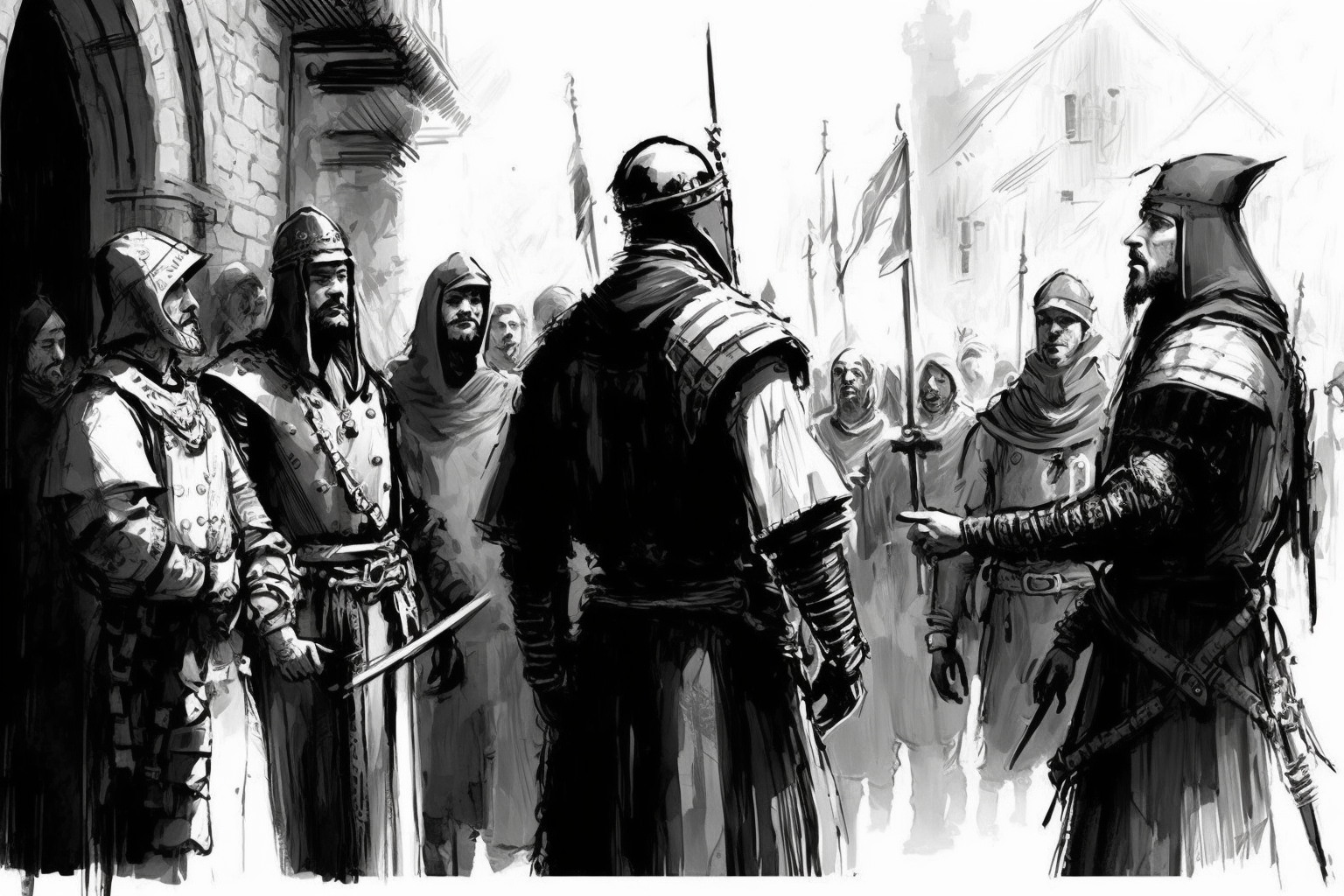
Rank structure
Rank structure is a vital part of military life. Without it, you'll have no idea who's in charge and who should be giving orders. It's also important to know the difference between ranks, so that you can address people properly.
In your world, what are the ranks?
Are they based on Earth's military or something entirely different?
If they're similar to ours, then there are probably four main ones:
- Officer (O),
- Non-commissioned officer (NCO),
- Private/seaman/airman/marine etc.,
- Recruit/apprentice etc.
Each of these has its own responsibilities and duties which may include leading troops into battle, providing medical care, maintaining equipment, carrying out reconnaissance missions, etc.
How does this rank structure work across different branches within one branch? For example: if someone is an army captain but also works for intelligence agencies such as MI5 or CIA then which one takes precedence over another?
Write a short description of each rank and their duties.
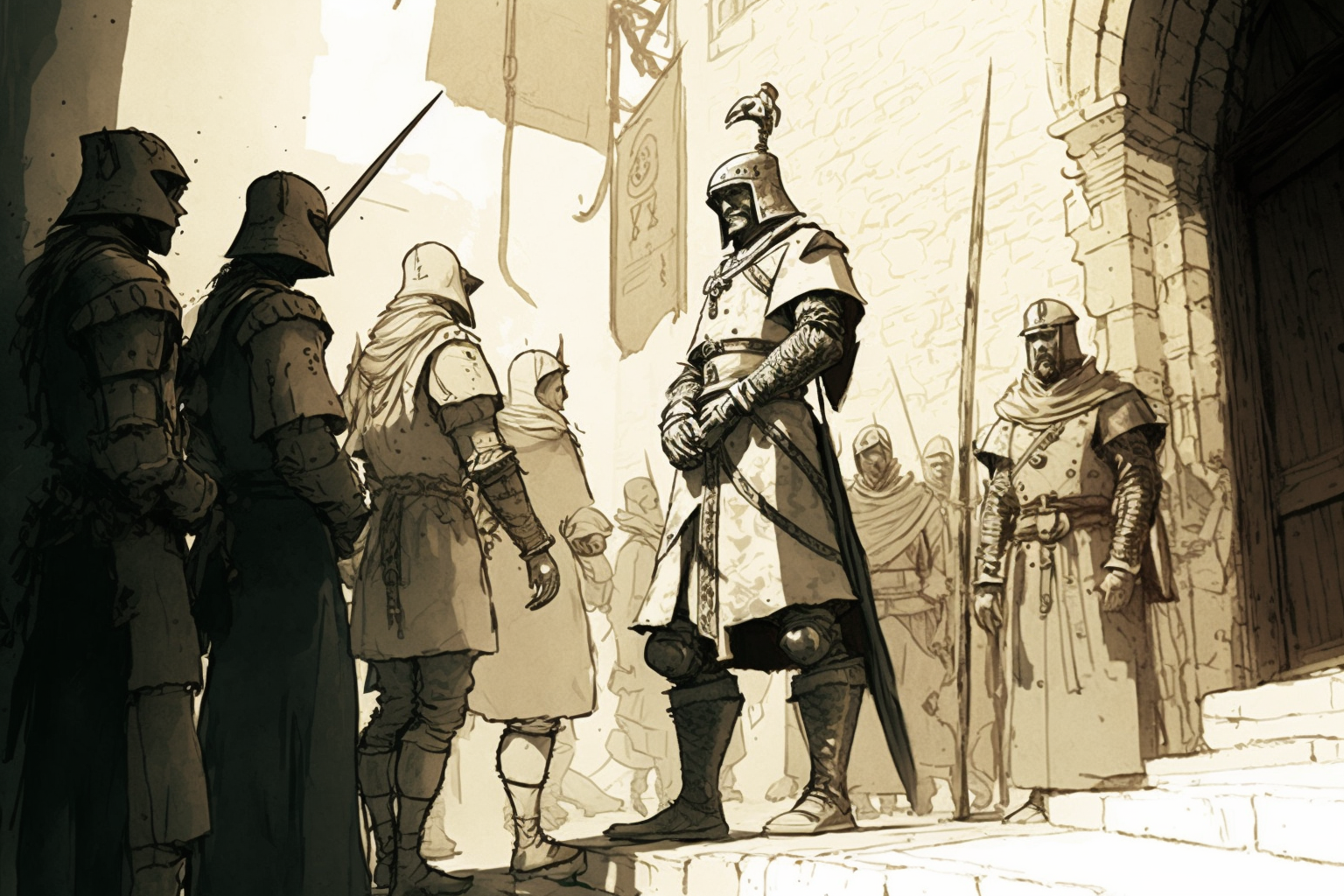
Chain of Command
Establishing the chain of command is crucial in setting up the military's hierarchy of authority. This hierarchy determines who is accountable for what and who has the final say. Typically, the chain of command commences with the highest-ranking officer and trickles down to the lowest-ranking enlisted personnel, shaping the military's pecking order.
Defining communication protocols is a pivotal step in ensuring a seamlessly operating military. Developing an efficient system that indicates who is responsible for issuing orders and how they will be transmitted is a critical aspect of a military's success.
Crafting a code of conduct is the final and most important step in establishing the military's culture. It should set expectations for conduct and performance, covering topics like how to interact with superiors, carrying out orders and maintaining order and decorum.
2 - Write a short description of the communication protocols and how they function.
3 - Write a short paragraph outlining the code of conduct and its importance to the military's culture.
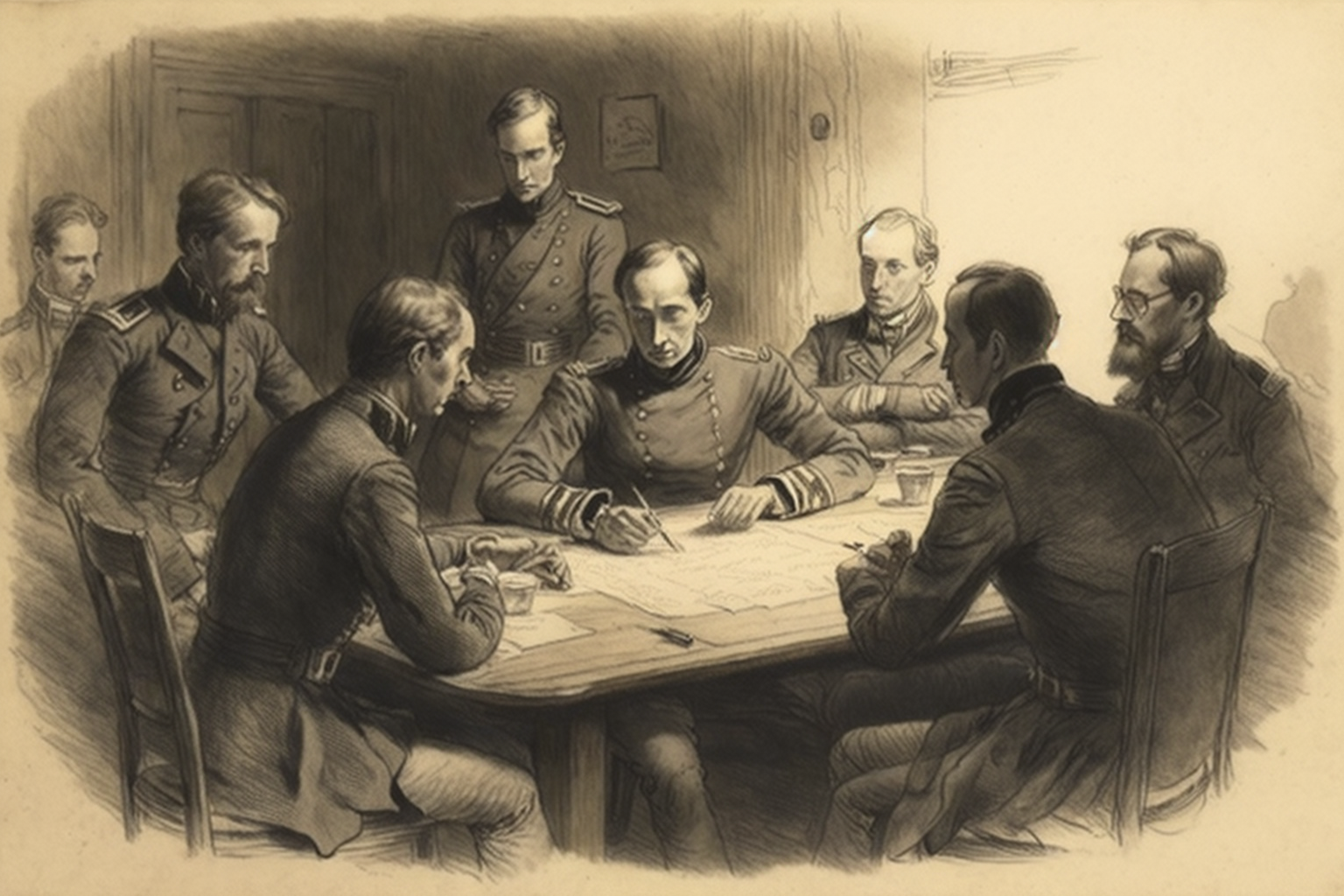
Military and the Economy, Power and Society relations
The military is one of the most powerful forces in any world. It's not just about warfare and fighting, though; it also has a lot to do with economics, society and politics.
The military can be used as an economic engine for your story. If you're writing about an empire or kingdom that relies heavily on its military for protection, then it would make sense for them to have a large standing army with lots of funding from taxes--and this is true even if there isn't any actual combat going on!
The cost of maintaining such a large force can be steep (especially if many soldiers live off base), so having enough money coming in from other sources is essential for keeping things running smoothly.
If your characters are part of this kind of organization--whether they're soldiers or civilians working behind the scenes--then understanding how all these systems work together will help you create accurate portrayals without getting bogged down in details that won't matter much later on when we get into actual plotting stages.
Check out how to worldbuild Power Structures, if you have not already.
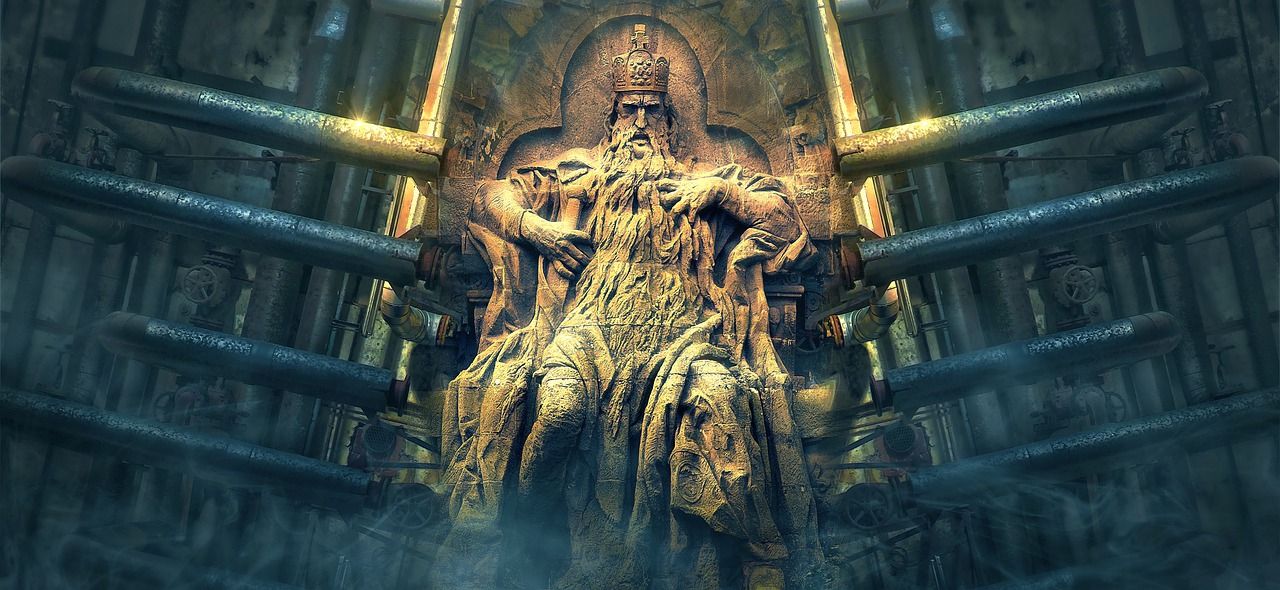
If you like what I do here, hit the Subscribe button and help a fellow writer out.


